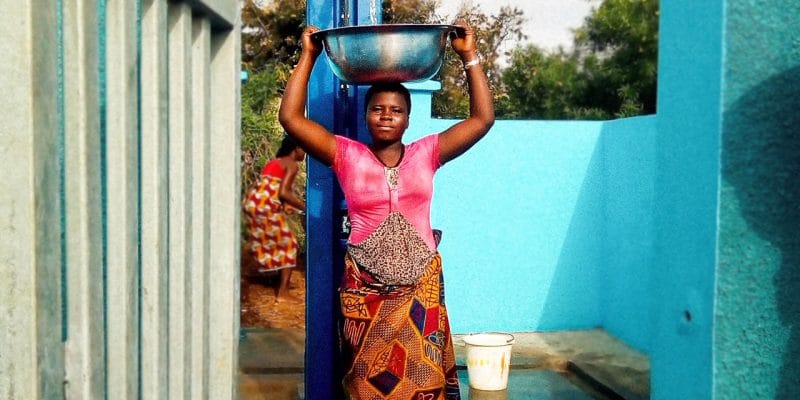The French company Vergnet Hydro has been awarded a contract to build 17 drinking water supply systems (DWS) in several regions of Ivory Coast. It will work on this project with the Ivorian company Abeda.
New drinking water supply systems (DWS) will be built in rural areas of Ivory Coast. The National Drinking Water Utility of Ivory Coast (ONEP) has recently awarded the project to two companies; the French company Vergnet Hydro, known for its many achievements in the drinking water sector in Africa, and the Abeda company, based in Abidjan.
The two partners will build a total of 17 water supply systems in the Tchologo, Poro, Bagoué, Kabadougou and Folon regions. Technically, “12 electric and 5 mixed (i.e. solar/electric or solar/thermal) water supply systems will be built. “The 5 solar farms will develop power ratings of between 4 and 7 kWp, for total headroom of between 60 and 110 m,” explains Joël Menager, Vergnet Hydro’s Tender and Project Manager.
Water for 50,000 people
“Vergnet Hydro’s role here is not limited to the design, supply and installation of equipment. Indeed, through our subsidiary Saher (Abidjan, Ivory Coast), we will also carry out the work. An expertise that we intend to develop for future projects,” says Thierry Barbotte, Vergnet Hydro’s Managing Director.
The construction of the 17 drinking water supply systems will require an investment of FCFA 2.8 billion (€4.3 million). The facilities will provide drinking water to 50,000 people in the remote rural areas of the regions concerned. The project is supported by the West African Economic and Monetary Union (UEMOA) and the Islamic Development Bank (IDB).
These investments form part of the IDB-Uemoa Rural Water and Sanitation Programme. It is a programme covering all the countries in the UEMOA zone. In Ivory Coast, the programme will result in the installation of 120 human-powered pumps in rural areas, as well as the construction of 60 water supply systems.
Jean Marie Takouleu






